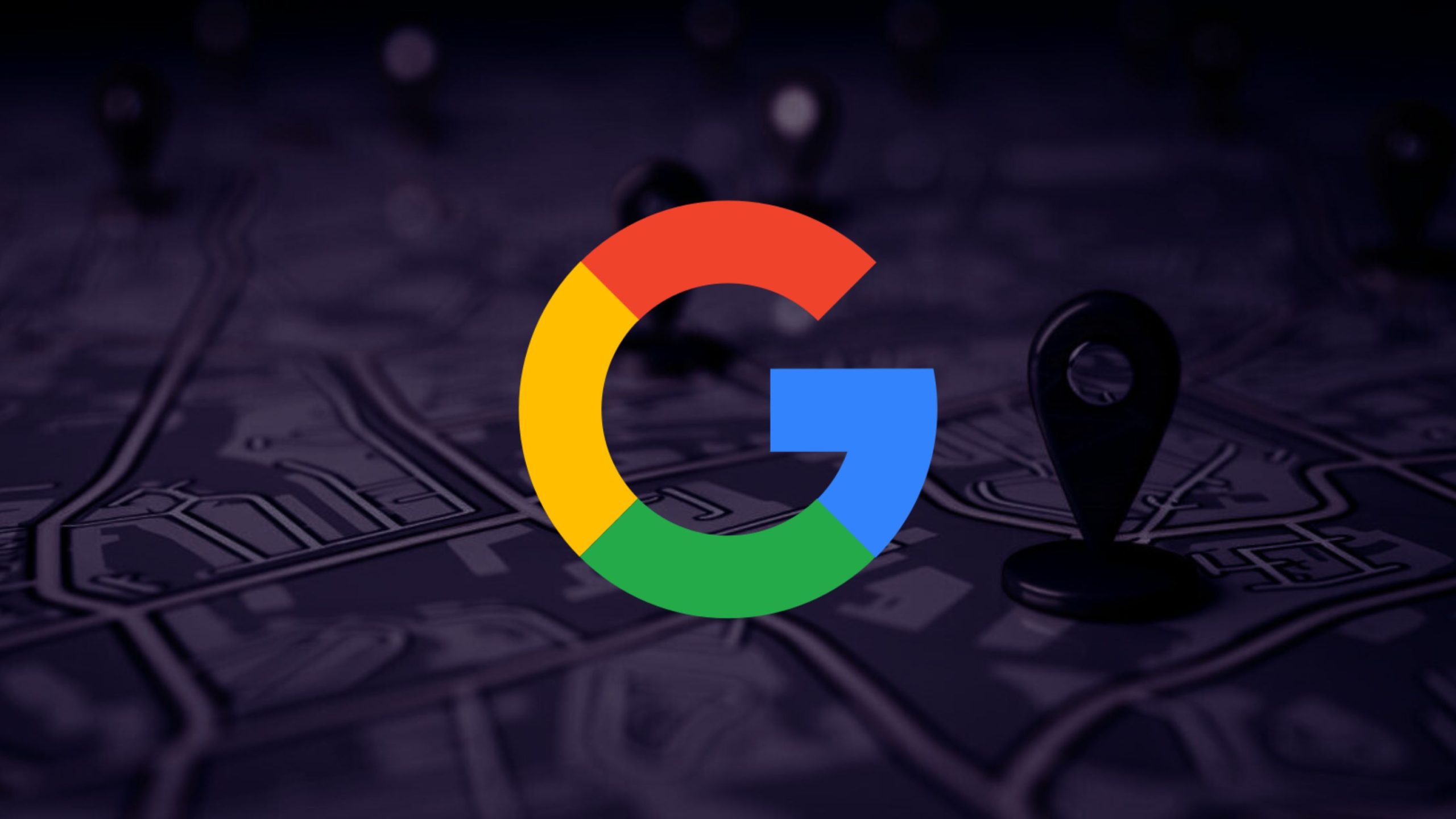The US Court of Appeals for the Fourth Circuit published its opinion in the United States v. Chatrie case, which concerns alleged violations of the Fourth Amendment.
We obtained a copy of the opinion for you here.
This constitutional amendment is supposed to protect against unreasonable (including warrantless) searches.
At the center is Google, and how the giant’s collection of users’ locations, then accessed by others to locate a person, might constitute a violation.
Related: Geofence Warrants Are Dangerous For Everyone
In a 2-1 vote the appellate court has decided that accessing Google location data is not a search.
A court that originally dealt with the case, where location data was used to identify a bank robber. The warrant was based on the mass and indiscriminate surveillance method known as “geofencing.”
In 2022, that court found that data collected and made available to law enforcement does mean a search has been performed in contravention of the Fourth Amendment.
This was viewed as unconstitutional, and the court was not satisfied that (in this case) location information collected this way passed legal muster.
Two years on, Circuit Court judges Jay Richardson and Harvie Wilkinson concluded the search of location data was – no search, at least not in their understanding of the Fourth Amendment. The dissenting opinion came from Judge James Wynn.
Judge Richardson states that the government accessing Google location history of the appellant (defendant in the appeals proceedings) Okello Chatrie “did not have a reasonable expectation of privacy” during the two hours he was “geofenced” by Google – plus, Chatrie “volunteered” it in the first place (by using Google and its location feature.)
The Circuit Court, which extensively cited the 2018 Carpenter v. United States, also seems to go into the meaning of privacy, and possibly try to redefine it. Namely, – do “only” two hours of a person’s life (monitored by Google and then accessed by law enforcement) count? Not really, as the majority opinion put it:
“All the government had was an ‘individual trip viewed in isolation,” which, standing alone, was not enough to enable deductions about ‘what (Chatrie) does repeatedly, what he does not do, and what he does ensemble.”
And – “Chatrie voluntarily exposed his location information to Google by opting in to Location History.”
Apart from future implications regarding geofencing, there’s a life hack hidden in this ruling as well: just to be on the safe side, never opt in to Google’s surveillance schemes.



